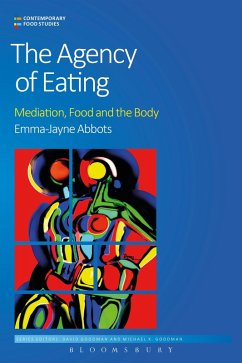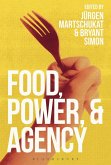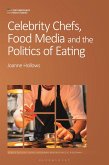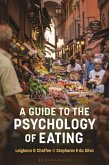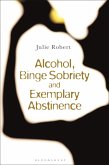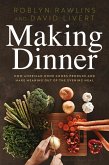Deciding what to eat and how to eat it are two of the most basic acts of everyday life. Yet every choice also implies a value judgement: 'good' foods versus 'bad', 'proper' and 'improper' ways of eating, and 'healthy' and 'unhealthy' bodies. These food decisions are influenced by a range of social, political and economic bioauthorities, and mediated through the individual 'eating body'. This book is unique in the cultural politics of food in its exploration of a range of such bioauthorities and in its examination of the interplay between them and the individual eating body. No matter whether they are accepted or resisted, our eating practices and preferences are shaped by, and shape, these agencies.
Abbots places the body, materiality and the non-human at the heart of her analysis, interrogating not only how the individual's embodied eating practices incorporate and reject the bioauthorities of food, but also how such authorities are created by the individual act of eating. Drawing on ethnographic case studies from across the globe, The Agency of Eating provides an important analysis of the power dynamics at play in the contemporary food system and the ways in which agency is expressed and bounded. This book will be of great benefit to any with an interest in food studies, anthropology, sociology and human geography.
Abbots places the body, materiality and the non-human at the heart of her analysis, interrogating not only how the individual's embodied eating practices incorporate and reject the bioauthorities of food, but also how such authorities are created by the individual act of eating. Drawing on ethnographic case studies from across the globe, The Agency of Eating provides an important analysis of the power dynamics at play in the contemporary food system and the ways in which agency is expressed and bounded. This book will be of great benefit to any with an interest in food studies, anthropology, sociology and human geography.

